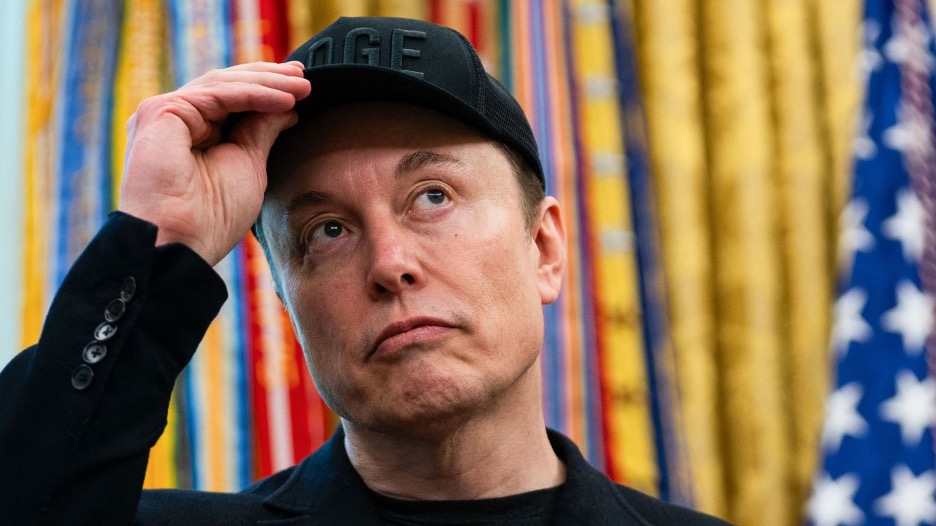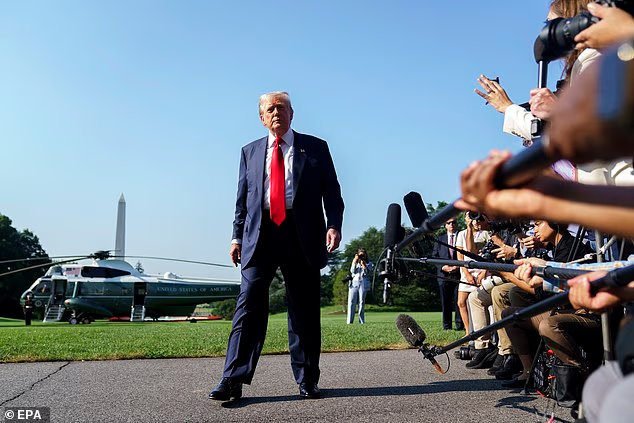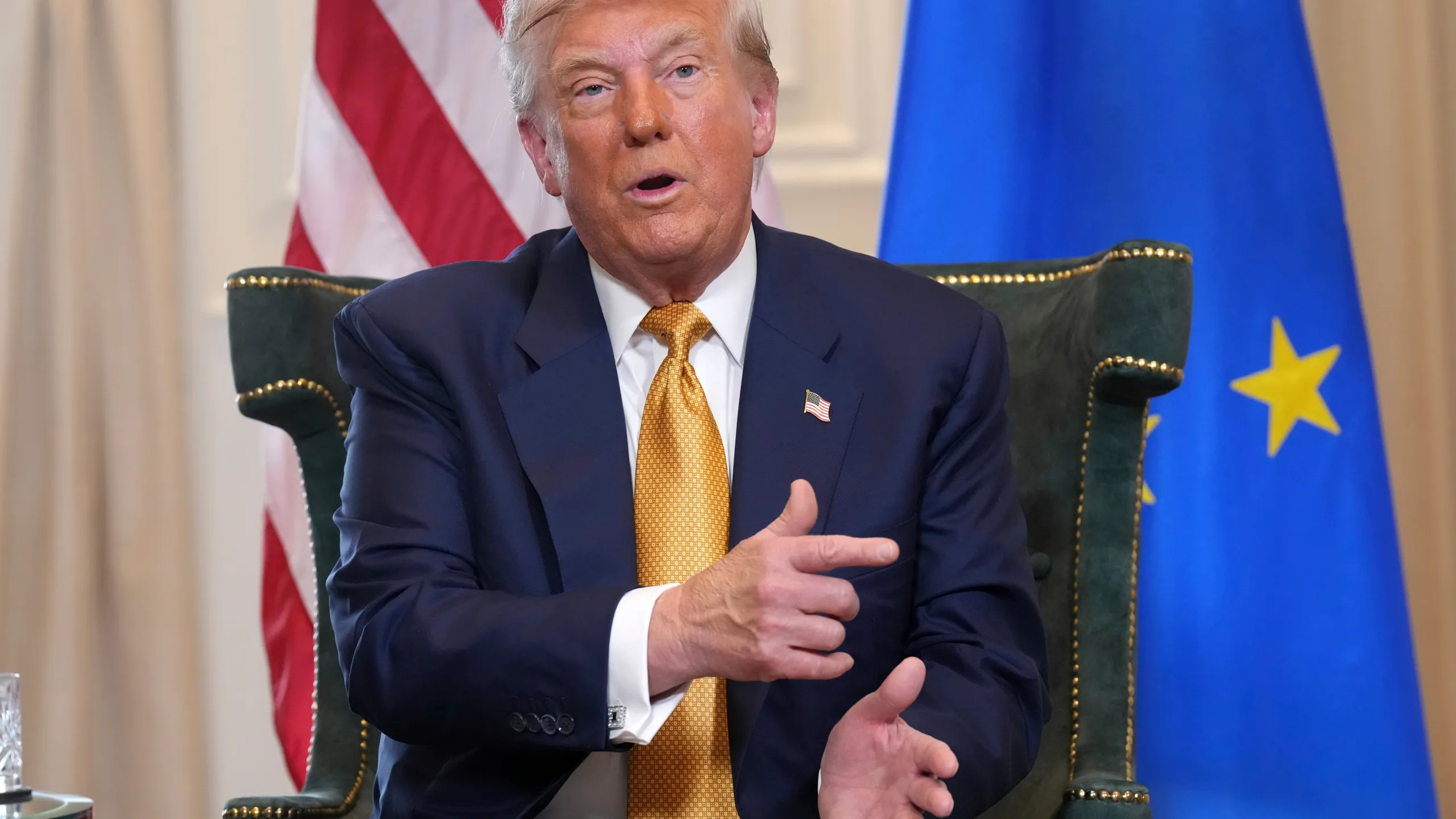Elon Musk, the billionaire entrepreneur behind Tesla and SpaceX, has once again sent political shockwaves through the nation by declaring his intention to start a new political party. This vow comes in the wake of an escalating feud with former President Donald Trump. What began as public disagreements over endorsements and political ideology has now evolved into a battle over the future direction of conservatism and populism in America.
While Musk’s followers and critics alike are used to his bold proclamations—whether about colonizing Mars or implanting neural chips—venturing into the political realm by forming a new party is a different beast altogether. History is littered with failed attempts to challenge the entrenched two-party system in the United States. Despite Musk’s immense wealth and influence, starting a successful third party is far more complex and demanding than many realize.
The Spark: Musk vs. Trump
The tension between Musk and Trump has been building for months. Though Musk once described himself as a moderate with libertarian leanings, he has increasingly taken public stances on issues like free speech, government overreach, and media bias—areas that overlap with Trump’s populist base. However, their growing ideological divergence became public when Trump mocked Musk over recent business moves and political statements.
In response, Musk fired back with a sharp critique of Trump’s leadership and hinted at the need for a political alternative to both Trump-style populism and traditional Democratic policies. He suggested that the American people are “tired of the extremes” and want “practical, forward-thinking solutions” rather than culture wars and endless partisanship.
The Third Party Dream: A Long American Tradition
Third parties are nothing new in U.S. history. From Theodore Roosevelt’s Progressive Party in 1912 to Ross Perot’s Reform Party in the 1990s, outsiders have frequently tried to disrupt the political duopoly. Yet despite their efforts—and in some cases, impressive vote totals—they rarely manage to establish lasting influence.
The two-party system in America is not a result of legal mandate but rather of structural barriers, including the winner-takes-all electoral system, ballot access laws, and the role of money in politics. These factors work together to make it incredibly difficult for a new party to gain traction, let alone compete on a national scale.
Structural Roadblocks to Success
One of the most immediate challenges Musk would face is ballot access. In the U.S., each state has its own requirements for political parties and candidates to appear on election ballots. This often involves collecting tens of thousands of signatures, meeting tight deadlines, and navigating bureaucratic hurdles. Even wealthy candidates like Ross Perot had to build intricate ground operations to meet these standards.
Then there’s the electoral system itself. Because the U.S. uses a first-past-the-post system rather than proportional representation, voters are often reluctant to support third parties for fear of “wasting” their votes. This dynamic results in the well-known “spoiler effect,” where a third-party candidate can siphon votes from a major party contender, inadvertently helping the opposing party win.
Money Isn’t Everything
Elon Musk is one of the richest individuals in the world. That financial power gives him a unique edge—he can fund his own political movement without needing to rely on traditional donors. However, money alone does not guarantee political success. A new party needs organizational infrastructure, local outreach, coalition-building, and most importantly, a coherent ideology that resonates with a wide range of voters.
Building a party also requires extensive human capital: campaign staff, political strategists, volunteers, and candidates willing to run under the new banner. These networks take years to build. Without them, even the most well-financed effort is likely to stall out.
Voter Base and Messaging Challenges
Another problem Musk would face is defining the ideological core of his new party. Is it a libertarian party? A technocratic party? A centrist alternative? Musk’s own views often defy easy classification. While he supports free speech and opposes what he sees as government censorship, he also advocates for government-funded space exploration and green energy.
In a polarized era, building a “middle-of-the-road” party is particularly difficult. Many voters are already entrenched in partisan identities, and moderates often have lower political engagement. Without a clear and compelling message, Musk risks alienating both sides while failing to energize the disaffected middle.
A Media-Driven Figure in a Ground-Game World
Elon Musk is a media powerhouse. His tweets alone can shift markets and spark international headlines. But in politics, media attention isn’t enough. Success depends heavily on organizing at the grassroots level—canvassing neighborhoods, mobilizing voters, and building trust in communities.
Moreover, the scrutiny is relentless. Unlike the tech world, where failure can be rebranded as innovation, politics is a zero-sum game. Missteps are weaponized by opponents, and loyalty is hard-won.
Possible Pathways Forward
Still, Musk has some advantages. His public profile gives him immediate name recognition. If he were to align with existing grassroots movements disillusioned with both Republicans and Democrats—such as some factions of independents or libertarians—he might find an opening.
Technology, too, could offer him tools to bypass traditional party structures. Platforms like X (formerly Twitter) could serve as organizing hubs. His companies’ reach and data capabilities could be leveraged for targeted messaging. However, this would raise ethical and legal questions, especially regarding campaign finance and data privacy.
Final Thoughts
Elon Musk’s vow to start a new political party is, like many of his ventures, ambitious and headline-grabbing. But the challenges he faces are monumental. America’s political system is deeply entrenched, resistant to disruption, and heavily biased toward the two-party framework.
While Musk’s wealth, platform, and cultural clout are unmatched among potential political newcomers, translating that into a viable third-party movement is a different equation entirely. Unless he can overcome the structural, ideological, and organizational hurdles that have derailed countless third-party dreams before him, his new political party may end up as just another footnote in the long history of failed political revolutions.




